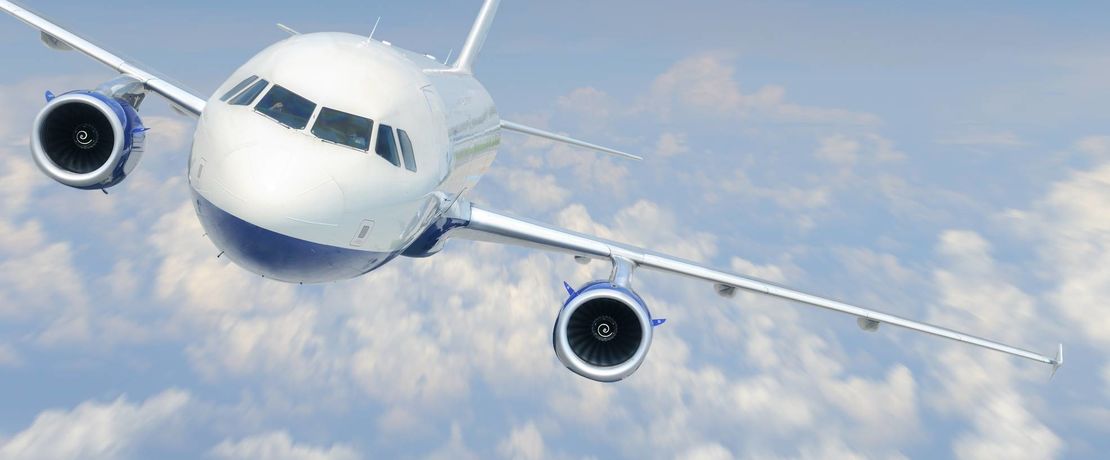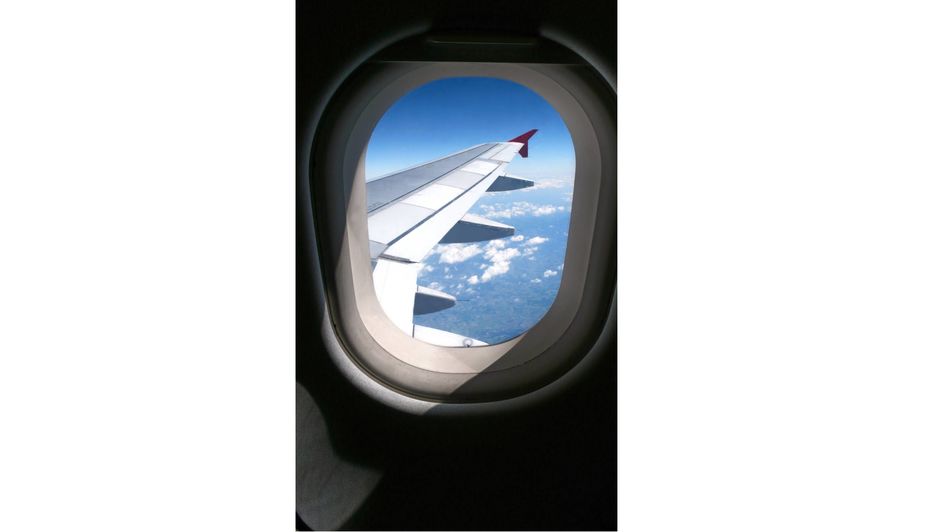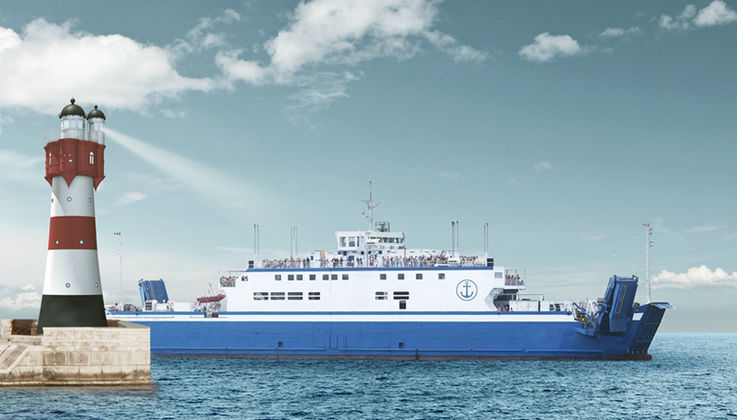
The Lightness of the aircraft window
VESTANAT® H12MDI helps to reduce energy in the mobility sector.
When traveling by plane, many passengers prefer a seat at the window as the view to cities and landscapes is often impressive. When looking out, hardly any of them will think about the special properties an aircraft window must have. On the one hand, it has to withstand the entire cabin pressure, and on the other hand, it must resistant to temperatures of around -50 degrees Celsius (-58 degrees Fahrenheit) or colder at an altitude of usually 10 000 meters (30 000 feet). At the same time, it has to be very lightweight in order to reduce the total weight of the plane.
So an aircraft window is a very complex construction. It starts with the fact that the passenger doesn‘t look through one pane, but through three: an outer, middle and inner pane. The middle pane has a tiny hole at the bottom. But don‘t worry: the tiny hole, known as a “breather”, helps to regulate the difference between the cabin pressure and the outside of the plane.

For the manufacturing of windows which have to cope with special external influences, Evonik‘s business line Crosslinkers has developed VESTANAT® H12MDI. Generally, two very thin glass layers are lighter and much more stable than a single thicker one, if they are joined together by a lamination layer. These layers are made Thermoplastic Polyurethane (TPU) sheets, that are molten between the two glass layers to form a lightweight and stable window.The purpose of the TPU is to absorb impact that the glass typically is unable to absorb. While the glass can crack, the TPU prevents the glass from shattering and sending glass shards everywhere. This technique allows glass to be used for multiple applications – aircraft canopies, house and ship windows in areas prone to hurricanes, and bullet-proof glass in automobiles.
When VESTANAT® H12MDI is used in a TPU sheet, it provides great impact resistance along with weight reduction and light stability. So the use of VESTANAT®H12MDI makes the airplane lighter and thus reduce the energy requirement – which in turn benefits the environment.


